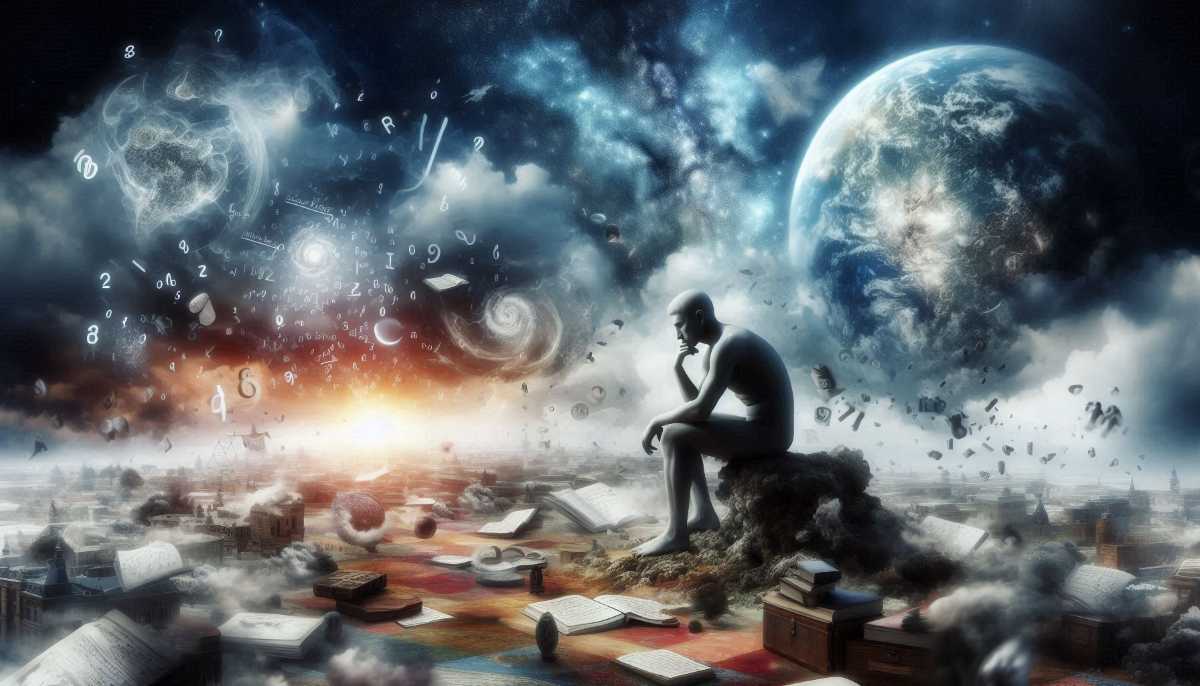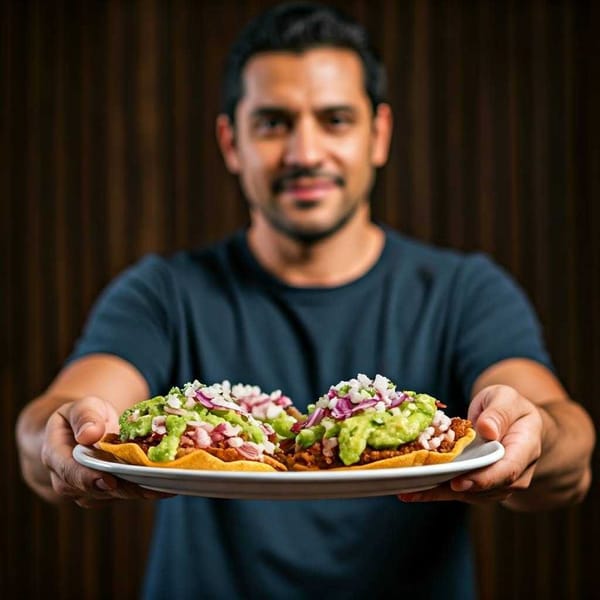How Modern Medicine Turned Dying into a Philosophical Traffic Jam
In a world where medical advances can keep us alive longer than ever, experts debate the fundamental right to choose when to end it all. From ancient civilizations to modern bioethics, the question remains: should we have the power to decide our final exit?

Euthanasia—there’s a subject for a Sunday morning coffee chat. It stirs up arguments quicker than a diesel in a vegan restaurant. We’re talking here about the fundamental right to die with dignity, an idea that’s as old as civilization but has somehow become one of the hottest issues on today’s ethical grill. Ancient Greeks and Romans had their thoughts on it, and it’s fair to say they weren't exactly shrinking violets about letting people shuffle off when their time came. But, in modern society, we’ve got doctors, hospitals, and some exceptionally clever machines that can keep you alive long past what nature intended. And so, the debate rages on, increasingly tangled in the vast web of bioethics, individual autonomy, and human rights.
The Sixth Congress of Bioethics recently chewed over this very topic, led by Jennifer Hincapié Sanchez from the National Autonomous University of Mexico’s University Program of Bioethics. Sanchez, a bit of a force in this field, emphasizes that euthanasia is all about an individual's right to choose their fate, especially in those grim, bleak moments when life has turned into something that looks more like suffering than living. You can see why people are drawn to the idea, can’t you? After all, who wouldn’t want a say in their own endgame?




